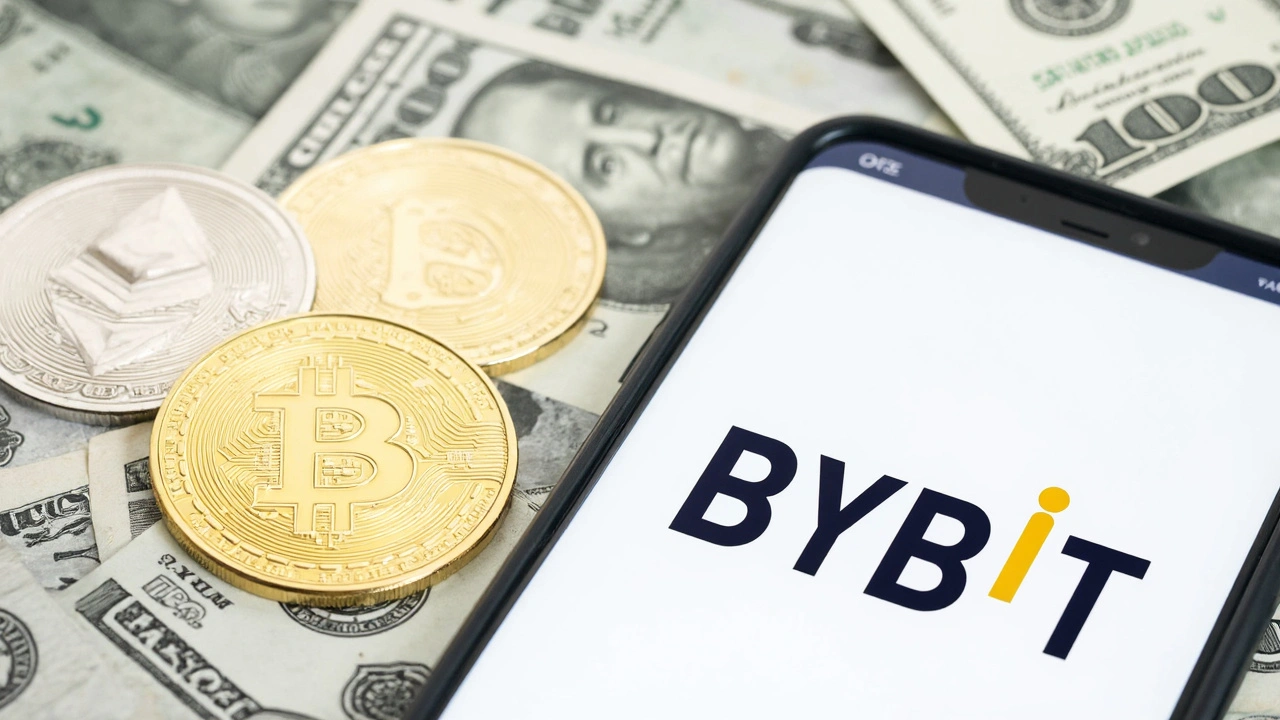Cryptocurrency exchange: how to pick the right one in 2025
Looking for a crypto exchange that won't give you headaches? You're not alone. With dozens of platforms out there, the wrong choice can cost you time, money, or worse — your coins. This guide cuts straight to what matters so you can pick an exchange that fits your goals and keeps your funds safe.
Types of exchanges and what they mean for you
First, know the main types: centralized exchanges (CEX) like big global platforms, decentralized exchanges (DEX) that run on smart contracts, and peer-to-peer (P2P) marketplaces. CEXs are easiest for beginners: they offer fiat on-ramps, apps, and customer support. DEXs give more privacy and control but expect steeper learning, wallet setup, and gas fees. P2P is handy where local payment options matter, but always check reputation and escrow rules before trading.
Key checks before you sign up
Start with security. Does the exchange use cold storage for most coins? Does it have two-factor authentication (2FA) and withdrawal whitelists? Search for past hacks and how the company responded. Next, look at fees. Trading fees, withdrawal fees, deposit fees and spread can add up — compare them for the pairs you plan to trade.
Regulation and KYC matter depending on where you live. Some platforms require full identity checks; others let small trades without KYC. If you want to move money between fiat and crypto, pick an exchange that supports your local currency and payment methods. Liquidity is another practical thing: low liquidity means worse prices and trouble exiting large positions.
User experience counts. A clean app, quick withdrawals, transparent order books and decent customer support save you stress. For long-term storage, plan to move assets to a hardware wallet rather than leaving large balances on any exchange.
Fees and hidden costs: beyond visible trading fees, watch out for deposit conversion fees, network fees on withdrawals, and inactivity or margin costs if you use advanced products. Some platforms advertise low maker fees but have wide spreads on small pairs — that eats your returns.
Common risks and how to avoid them: hacks, exit scams, regulatory clampdowns and phishing attacks top the list. Use unique passwords, enable 2FA, verify URLs and never share seed phrases. Keep only what you need on exchanges and diversify where you hold assets.
Quick starter checklist: 1) Verify security features and past incident history. 2) Compare fees for your main trade pairs. 3) Confirm fiat options and KYC rules for your country. 4) Test the app with a small deposit. 5) Move large holdings to a hardware wallet.
Want a recommendation for Africa-friendly exchanges or how to set up a hardware wallet? Ask and I’ll point you to platforms that work well with local banks, mobile money, and safe on-ramping options.
- March 10, 2025
- Comments 16
- Business

